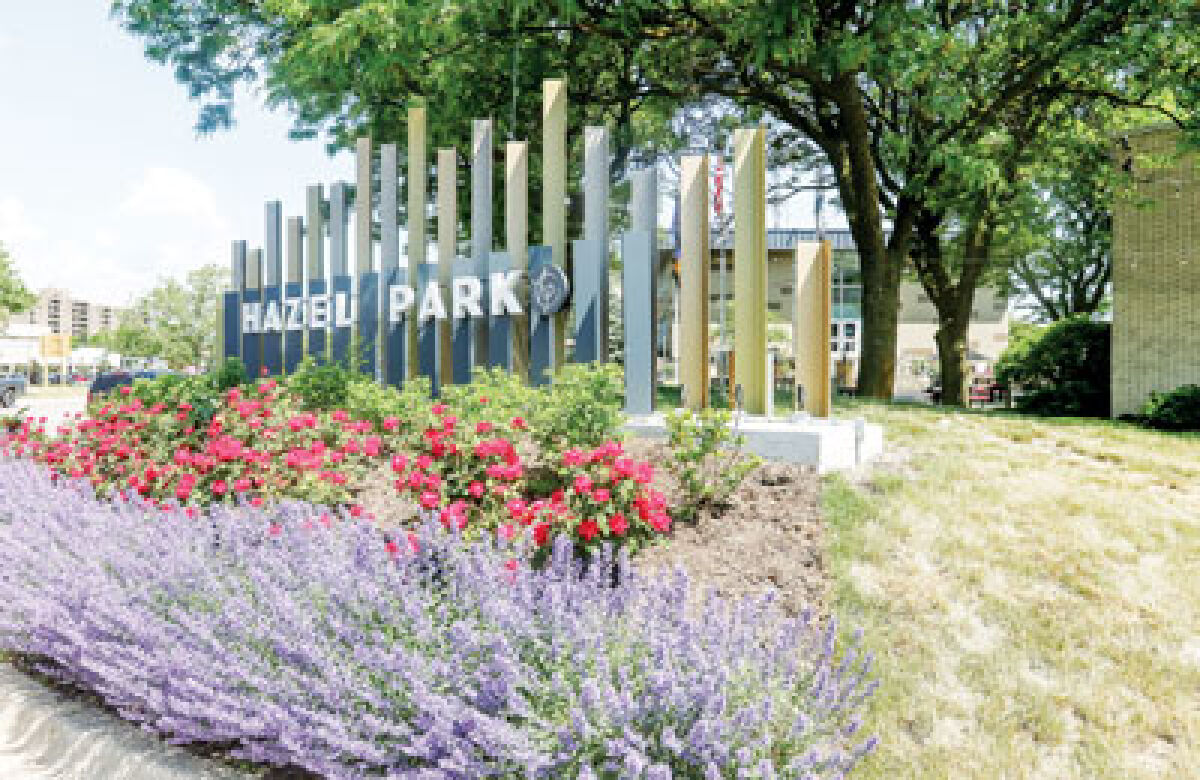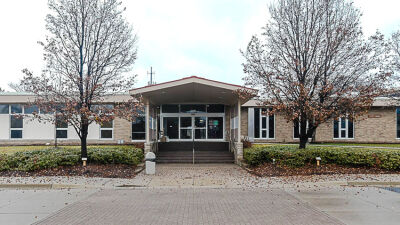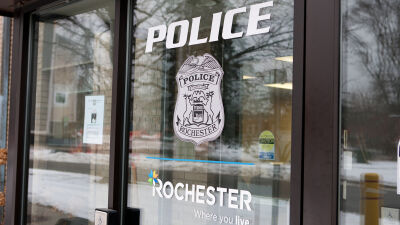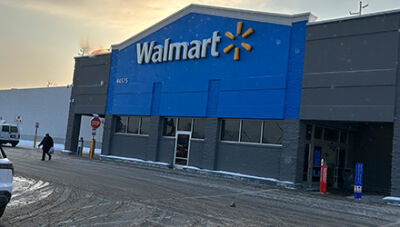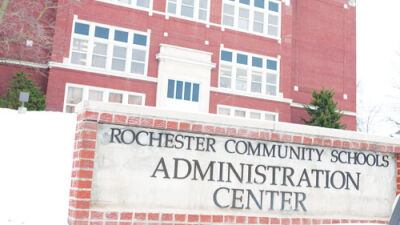HAZEL PARK — Officials in Hazel Park describe the budget for the new fiscal year as unremarkable with few changes — a good thing, they claim, for residents expecting stable tax rates and city services.
The Hazel Park City Council unanimously adopted the new budget May 13. The new fiscal year starts on July 1. According to City Manager Ed Klobucher, no additional mills were added; in fact, millage rates have been reduced by the Headlee Amendment, a state policy.
However, most residents can expect a slight increase in their property taxes due to the fact housing values are still increasing in the city. Taxing jurisdictions collect $1 for every $1,000 of a property’s taxable value, multiplied by the millage rate.
Any taxable value increase is capped at the rate of inflation or 5%, whichever is lower — the result of the interaction between the Headlee Amendment and Proposal A, another state policy. City officials have long lamented how this system limits the city’s tax base and collectible revenue.
For fiscal year 2025-26, the overall budget for Hazel Park clocks in at about $48.7 million — roughly on par with the amended total of $48.6 million for fiscal year 2024-25.
Of the new budget, about $21.2 million is allocated to the general fund.
At press time, mills were not yet set for the South Macomb Oakland Regional Services Authority. SMORSA helps provide emergency services in Hazel Park. However, Klobucher said it’s not expected to change much, if at all.
As for the other millages, the new budget will levy roughly 16.7 mills for general operation, around 2 mills for garbage collection, and around 2.1 mills for the library.
In addition, the budget will levy exactly 2.8 mills for the public safety special assessment, nearly 12.5 mills for the fire protection special assessment, around 1.9 mills for operational costs of the Downtown Development Authority, and roughly 0.13 mill for economic development.
No positions are being added or deleted. Klobucher said there were “one or two” full-time positions that are currently vacant and will be filled, but they have already been budgeted.
There are no planned changes for police and fire at this time, he added.
About $3 million is budgeted for capital improvement projects, some of which will be supplemented by grants. The city continues to evaluate and prioritize local street repairs.
The water fund has about $1 million allocated for infrastructure improvements.
The city also plans to install more accessibility ramps around town that are compliant with the Americans with Disabilities Act.
The fund balance was $5.8 million for the general fund at the start of the last fiscal year. The city expects to maintain those reserves and projects revenues consistent with recent years.
Hazel Park also continues to manage multiple municipal grants, including several for its recreational facilities, as well as a federal grant for streetscape improvements.
Mayor Mike Webb said the budget is “very solid.”
“Laci (Christiansen), our finance director — she really cracked down and managed everything well,” Webb said. “We’re trying to save some dollars wherever we can while offering residents more value for their money. We didn’t want to overspend either, because we just don’t know what will happen later.”
Klobucher said it continues to be a challenge due to forces beyond Hazel Park’s control, particularly in today’s inflationary economy.
“Michigan’s system of municipal finance is fundamentally broken,” the city manager said in an email. “It’s always a challenge for a small, fully built-out community like Hazel Park to grow our revenue to meet rising costs for wages, healthcare and infrastructure repairs. Federal funding, which was inequitably distributed to local communities like Hazel Park, is drying up, impacting local budgets across the country.”
Andy LeCureaux, the mayor pro tem, shared concern about declining grants from the state, as well as the federal American Rescue Plan Act.
“Those sources may not always be available in the future,” LeCureaux said. “For this budget we needed some infrastructure covered, such as updating a fire truck and DPW equipment — specifically a bucket truck, the kind with an articulated arm for reaching power lines and trees.
“Those were at our (Memorial Day weekend) festival,” he noted. “Our department heads already squeeze as much use as they can from their equipment, but at some point, it’s no longer fiscally responsible repairing them. Investing in new equipment is also an investment in employees — their safety, their efficiency.
“I think also, in the past, there was a time when we may have neglected some of our maintenance needs because the budget was tight. But what we learned is that deferred maintenance just increases your costs in the long run,” LeCureaux said. “So, that’s another element to consider.”
 Publication select ▼
Publication select ▼